
ACU launches EthicsFinder
News 18 NovemberA message from Deputy Vice-Chancellor (Ethics) Professor Hayden Ramsay: Explore our new ‘one-stop shop’ expertly curated search engine database: EthicsFinder.
30 June 2020
Share
Australia's workforce, economy and society needs the capabilities of a humanities education: critical thinking, analytical and research skills, and the ability to grapple with and communicate complex ideas.
Education’s distinct purpose is to be forward-thinking, but the government’s sweeping changes to university fee structures are short-sighted.
Under the changes, students studying humanities, arts and social science (HASS) subjects will face huge fee increases to help fund decreases in costs for students enrolled in other subjects deemed a higher priority for the COVID-19 recovery.
The government has indicated that its "carrot and stick" approach is designed to entice students into jobs for priority industries.
Some humanities subjects do well in the new funding structure, such as languages and English, but the rationale behind history and philosophy receiving negligible Commonwealth funding is unfathomable. Students undertaking a raft of culture and society subjects will now bear 93 per cent of the cost their degree, up from 52 per cent.
The signal sent by the government in making students bear the full cost of these subjects is that there is no benefit to our community, economy or society in studying Australia’s history or that of our foes or allies; that understanding the political systems and cultures of India and China is a benefit accrued only to the individual student and not to their employers or society at large; that a student trained in ethical decision-making, as philosophy challenges them to do, has no job-relevant skills.
Australia’s workforce, economy and society will need both specific attributes and broad capabilities of a humanities education: critical thinking, analytical and research skills, and the ability to grapple with and communicate complex ideas.
The government’s suggestion that these skills are of no use to employers, or have no public benefit, is at odds with key industry leaders. Business Council of Australia chief executive Jennifer Westacott has noted the importance of humanities in the need for a mixture of skills in the current and future workforce. Concerns raised by peak employer groups this week reflect the desirability of these skills across diverse industries now and for the future workforce.
Research undertaken by the Australian Academy of the Humanities indicates that the Australian public values humanities skills and capabilities. In a series of focus group discussions conducted shortly before COVID-19 took hold, a group of middle-income swing voters from suburban and country Australia strongly asserted they wanted people from both HASS and science, technology, engineering and mathematics in the workplace. Humanities-trained employees bring “balance and human perspectives” to decision-making: “There are going to be more and more human-related challenges, so we will need human skills to overcome this”.
In 1959, Robert Menzies called for the humanities to be central to public life. His vision for education in Australia – which included the vital role of the humanities – showed foresight, wisdom and courage. Since then, the humanities has remained critical to cultural, social and political life.
Joy Damousi is president of the Australian Academy of the Humanities and director of the Institute of the Humanities and Social Sciences at the Australian Catholic University. This article first appeared in The Age on 21 June 2020.

A message from Deputy Vice-Chancellor (Ethics) Professor Hayden Ramsay: Explore our new ‘one-stop shop’ expertly curated search engine database: EthicsFinder.

The ACU Sustainability Report 2020 has been published and is available for you to read on the ACU website.
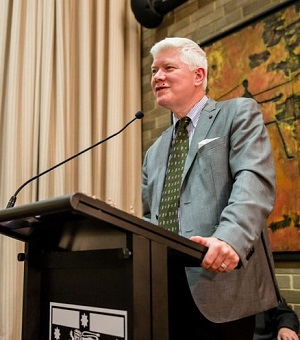
The expression ‘ethical dilemma’ has become overused and often applied without much if any thought about what it actually means

Professor Hayden Ramsay, DVC and Professor of Catholic Philosophy, presents a 12 part series of videos and articles in his Masterclass on Any Catholic University
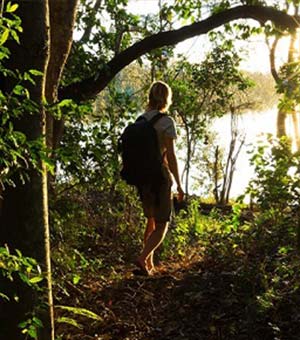
The PM Glynn Institute has produced a report on palliative care within Australia

Lord Rowan Williams recently published book Tribalism's Troubles: Responding to Rowan Williams, launches in a virtual event held this week by the PM Glynn Institute

New ACU research is showing how busting a move via silent disco technology can boost the wellbeing of residential aged care residents with dementia.
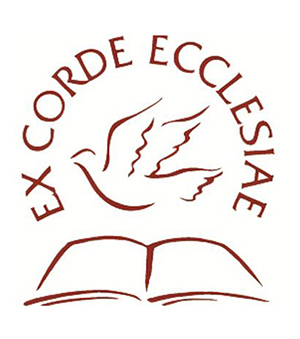
The 30th anniversary of Ex Corde Ecclesiae (From the Heart of the Church) is an opportunity for us, as Australia’s largest Catholic University, to reflect on our character and role.

It is a great treasure of the long papacy of John Paul the Great and an entry point to understanding ACU for staff of all faiths and traditions.

Australian Catholic University (ACU) has appointed Professor Zlatko Skrbis as the University’s next Vice-Chancellor and President.

Thirty scholarship students will be the first to undertake the new Bachelor of Arts (Western Civilisation) at Australian Catholic University’s (ACU) North Sydney Campus next year under a generous fund...

Australia's workforce, economy and society needs the capabilities of a humanities education: critical thinking, analytical and research skills, and the ability to grapple with and communicate complex ...

Some people don’t support Glasgow Rangers, mindfulness or Country and Western music. Everyone supports ethics; which doesn’t mean everyone fully understands ethics or always acts ethically, but it doe...

Are faith and reason in conflict, or do they illuminate one another? We tackle an age-old question with Professor Hayden Ramsay, a Catholic philosopher and ACU’s Deputy Vice-Chancellor, Coordination.
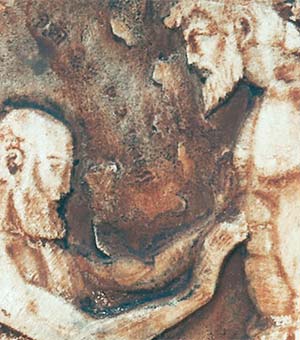
ACU’s exploration of advance care planning, which enables patient wishes to inform decisions made by families and medical professionals and to respect patient autonomy and dignity, has led to the deve...
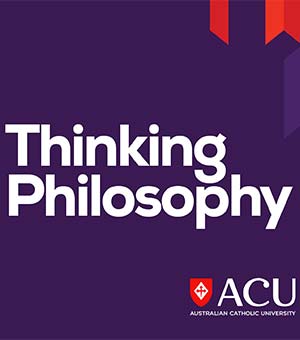
ACU last week launched Thinking Philosophy, a podcast exploring the research of our philosophers.

ACU expects to offer a new BA degree in Western Civilisation from 2021, after signing a Memorandum of Understanding (MOU) with the Ramsay Centre for Western Civilisation in Sydney today.
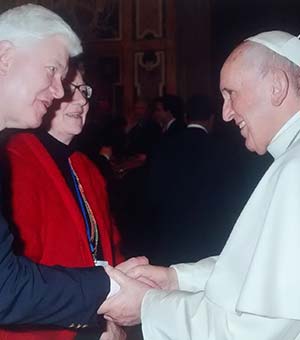
Leading British philosopher Professor John Haldane will join the Australian Catholic University this year to establish a new project to develop Catholic school education, situating this within a broad...

People who pursue beauty, fame and money above other goals are less happy than those who want to improve the world, new research has found.
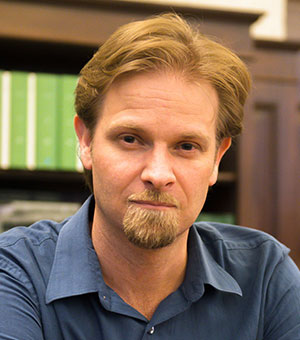
Professor Stephen Finlay has been appointed as the Director of a new institute dedicated to philosophical research at Australian Catholic University (ACU).